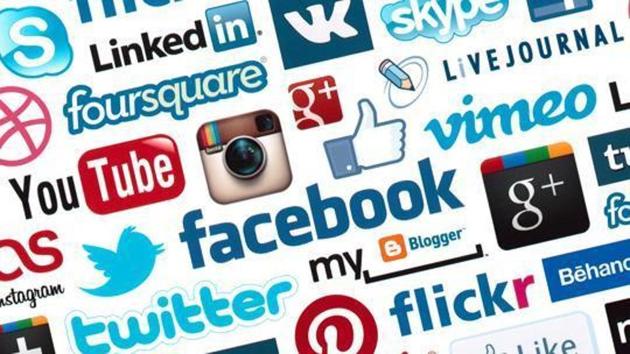Opinion| EC’s social media guidelines may not be enough
The nature of social media will ensure that monitoring of such a large number of users won’t be possible for reasons as simple as the volume of content generated, its immediacy and the challenges with identifying sources.
The Election Commission of India (ECI) has announced measures to curb fake news and misinformation on social media platforms. It has brought political parties’ social media content under the ambit of model code of conduct, and expects candidates to disclose their social media accounts and all expenditure on their respective social media campaigns.

But will this be enough? After all, the issue of fake news goes beyond politicians and political parties, partly because social media puts information dissemination into the hands of individuals. Can any measure adequately monitor the gigantic Indian Internet user base, which exceeds 500 million?
Monitoring such a large number of users won’t be possible for reasons as simple as the volume of content generated, its immediacy and the challenge with identifying sources. Besides, distinguishing between authentic and inauthentic information is in itself a challenge and could be prone to biases, putting enormous power in the hands of those monitoring the content for social media or the commission.
Despite their avowed intention to curb fake news and misinformation, social media companies continued to be viewed with distrust by some experts and for good reason -- it is in their interest to maximise time and engagement. At the level of users, social media, it has been found, perpetuate and amplify existing biases, creating so-called filter bubbles. As for the political parties and politicians themselves, even assuming their IT cells (every party has one) are above board, it is unlikely they will have either the means or the inclination to crack down on supporters peddling misinformation.
There’s no denying the power of these platforms. James Harkin, fellow at Shorenstein Center on Media, Politics and Public Policy, writes in Columbia Journalism Review that journalism is now the second draft of history; the first draft is on new and social media.
Nor their impact. Most media consumers have time only to consume first drafts.
During the nascent years of social media (the worldwide web turned 30 yesterday), tech champions called it a tool for open dialogue, not anticipating the bubbles it would create. Before a social consensus emerges — and as the medium matures — it can only be hoped that the ECI’s well-publicised steps make users become wary of the sources they get information from.The ECI’s seriousness will hopefully bring about a sense of accountability among technology companies and political parties, but the organisation is up against it.
That’s because technology companies need incentives to effectively crack down on fake news; political parties must hold themselves back (even as they are likely to succumb to unrestraint in their resolve to win elections); and consumers should be evolved enough to be able to tell the difference between fake and real news.



